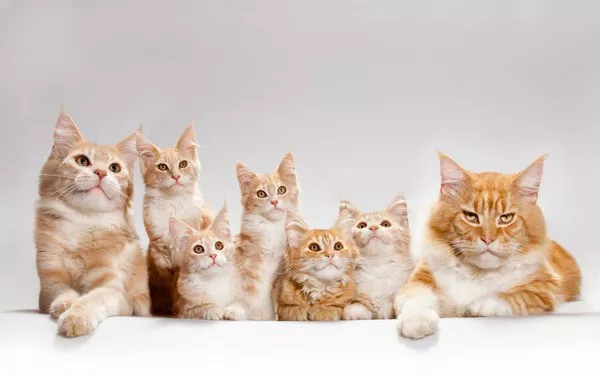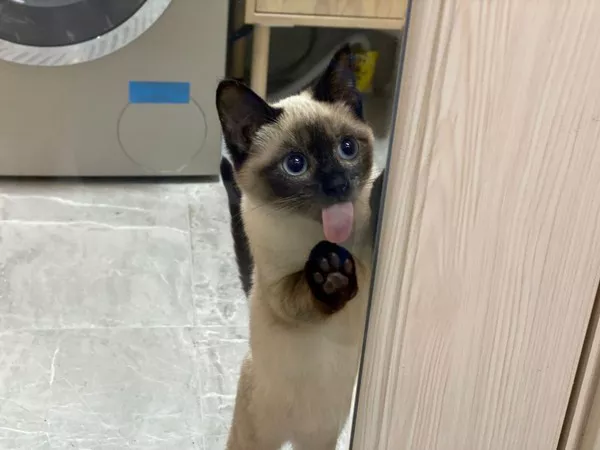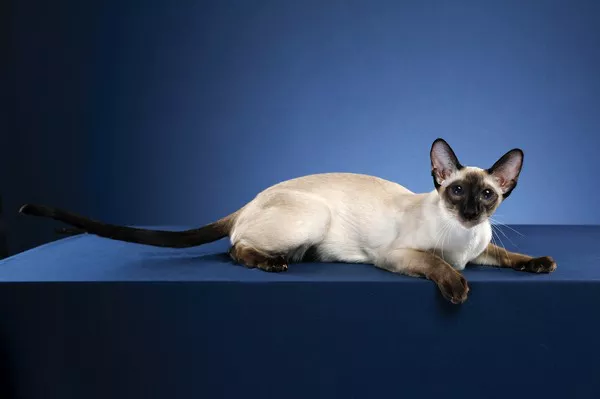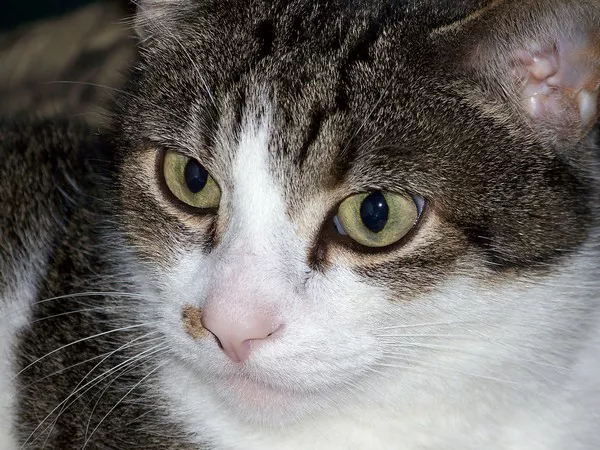Maine Coon kittens are the epitome of feline charm, known for their striking looks and engaging personalities. As one of the largest domesticated cat breeds, Maine Coons grow at a remarkable rate during kittenhood. This growth spurt calls for extra attention when it comes to their diet. In this article, we’ll explore the nuances of feeding your Maine Coon kitten and guide you through determining how much to feed them to ensure they grow into healthy, happy adults.
Maine Coon Kittens: A Quick Overview
Before delving into their dietary needs, let’s get to know Maine Coon kittens a little better:
Size: Maine Coons are renowned for their impressive size. While Maine Coon kittens are not as large as their adult counterparts, they’re still bigger than many other cat breeds.
Personality: These kittens exhibit a friendly and playful demeanor. They are sociable, gentle, and intelligent, making them a favorite among cat enthusiasts.
Growth Rate: Maine Coon kittens experience rapid growth during their first few months, and this phase is crucial for their long-term health.
The Nutritional Needs of Maine Coon Kittens
Feeding a Maine Coon kitten is all about providing the right balance of essential nutrients. Their growth rate is impressive, and nutrition plays a pivotal role in ensuring they reach their full potential. Here’s what you need to consider:
High-Quality Kitten Food: Opt for high-quality commercial kitten food, which is formulated to meet the specific needs of growing cats. Look for options that list a high-quality protein source as the first ingredient.
Protein: Maine Coon kittens require a diet rich in protein for muscle development. Protein should constitute around 30-40% of their daily caloric intake.
Fat: Healthy fats are essential for energy and the development of their nervous system. Ensure the food contains a moderate amount of fat, roughly 20-25% of their daily calories.
Calories: Maine Coon kittens need a higher calorie intake than adult cats due to their rapid growth. The exact number of calories depends on factors like age, weight, and activity level.
Calcium and Phosphorus: Maintaining an appropriate balance of these minerals is crucial for the development of strong bones and teeth. Most commercial kitten foods ensure the right ratio.
Feeding Schedule: Offering multiple small meals throughout the day is a good practice for kittens, as it helps prevent overeating and supports steady growth.
How Much Should You Feed Your Maine Coon Kitten?
Now comes the crucial question: How much should you feed your Maine Coon kitten? While there is no one-size-fits-all answer, you can follow these general guidelines:
Follow the Package Recommendations: Start by following the feeding guidelines on the kitten food package. These guidelines are based on the average needs of kittens, but keep in mind that Maine Coon kittens might require slightly more due to their size.
Consult Your Vet: Your veterinarian is your best source of advice when it comes to feeding your Maine Coon kitten. They can assess your kitten’s specific needs and recommend a feeding plan.
Monitor Your Kitten’s Growth: Keep a close eye on your kitten’s growth and weight. A healthy Maine Coon kitten will steadily gain weight, and their body condition should be neither too thin nor overweight.
Adapt to Individual Needs: Maine Coon kittens are unique individuals, and their nutritional needs can vary. Some may require more food to support their growth, while others might need less.
Avoid Overfeeding: While ensuring your Maine Coon kitten gets enough nutrition is crucial, it’s equally important not to overfeed them. Overweight kittens are at risk of developing health problems.
Check for Signs of Hunger: Observe your kitten for signs of hunger. If they seem constantly ravenous or lose interest in play and become lethargic, they might not be getting enough food.
When to Transition to Adult Food
Maine Coon kittens can typically transition to adult cat food at around one year of age. However, this timeline can vary depending on your kitten’s growth and development. Consult your vet to determine the right time for this transition.
Additional Tips for Feeding Maine Coon Kittens
Hydration: Always provide your kitten with fresh water. Maine Coons are known to enjoy water, so consider a water fountain to encourage them to stay well-hydrated.
Avoid Table Scraps: It’s best to refrain from feeding your kitten human food or table scraps. Stick to their kitten food for balanced nutrition.
Monitor Treats: While treats are a fun way to bond with your kitten, use them sparingly. Excessive treats can disrupt their balanced diet.
Regular Vet Visits: Schedule regular vet check-ups to ensure your kitten is healthy and on the right track for growth.
In conclusion, feeding your Maine Coon kitten is a blend of following general guidelines, observing their individual needs, and seeking guidance from your veterinarian. By providing them with high-quality kitten food and monitoring their growth and behavior, you can ensure that your Maine Coon kitten grows into a healthy and robust adult cat, ready to embrace life with their characteristic charm and grace.























